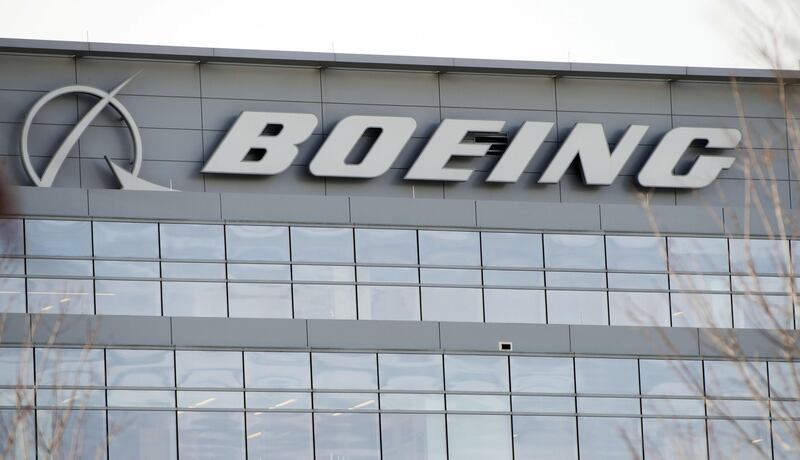The US aerospace and industrial company United Technologies faces a long road to win approval for its US$23 billion plan to buy avionics maker Rockwell Collins, and the biggest bumps could be in Brussels rather than Washington.
United Tech and Rockwell, who both supply aircraft makers, say the overlap in their product lines is relatively small. Yet opponents of the deal could argue the combination gives the parts supply company undue market power.
An early sign of trouble came when US plane maker Boeing said it intended to take a “hard look” at the proposed deal. “Until we receive more details, we are sceptical that it would be in the best interest of - or add value to - our customers and industry,” Boeing said.
The combined company could make more than 50 per cent of the systems content on a Boeing 787 aircraft, by dollar value, noted Kevin Michaels, the president of the consulting firm AeroDynamic Advisory, referring to such components as flight controls and air conditioning. Mr Michaels said he did not see the deal facing an issue from a competitive standpoint as there is virtually no overlap in products between the two companies.
There was also a sign that Airbus is preparing to ratchet up pressure behind the scenes. A source close to the European plane maker said there were concerns about a “disconnect” between United Technologies and the leadership of its Pratt & Whitney unit. Another Airbus source said any distraction due to the merger would benefit Pratt & Whitney’s main rival CFM International, co-owned by the US manufacturer General Electric and France’s Safran.
Problems at Pratt & Whitney have delayed European aircraft deliveries, and Airbus has publicly warned United Tech to focus on delivering jet engines on time.
_______________
Read more:
United Technologies snaps up Rockwell Collins for $23bn
Airbus now making A320s on three continents
_______________
If Boeing or Airbus opts to complain to antitrust enforcers, they can take the complaint to Europe’s competition authority and either the US justice department or federal trade commission, both of which review proposed mergers for compliance with antitrust law.
Their strongest argument would be if both companies made one or several parts and had few competitors.
“Many initially assumed it would be a slam dunk because of the lack of overlap. But the EU probe may prove to be difficult, simply on the grounds that the combined company would be so big,” said Nick Cunningham, an aerospace analyst at the UK-based Agency Partners.
Boeing could also be concerned about the “portfolio effect”, where companies are able to exercise leverage based on the fact that they sell a wide range of specialised products to certain customers.
This argument was used to doom GE’s plan to buy Honeywell in 2001, although it was European regulators rather than Washington who killed that deal.
_______________
Read more:
Air Arabia may consider Boeing, Airbus or Embraer aircraft as it looks to future fleet
Boeing forecasts Indian plane orders to hit $290bn
_______________
Boeing or other companies objecting to the deal could complain about a loss of competition. That would be the case if the government proves that either United Tech or Rockwell had plans to expand to compete with the other, said James Tierney, a former justice department antitrust expert now at the law firm Orrick.
Anti-trust enforcers would also be concerned by the reduced number of market players if United Tech and Rockwell were among the few companies that Boeing or Airbus could reach out to resolve technical problems, said Mr Tierney.
That concern would be amplified if the defence department agreed, he said.
Both the justice department and federal trade commission review proposed mergers to ensure they are legal under anti-trust law. It is unclear which of the agencies would review this deal, anti-trust experts said.






